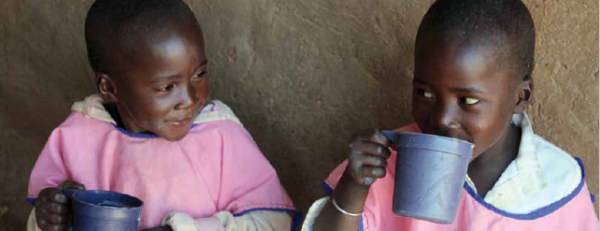
Mali is a sparsely populated, predominantly desert country with a highly undiversified economy. With a population of 17.46 million, Mali ranked 175 out of 188 countries according to the 2016 Human Development Index. While Mali experienced an overall drop in national poverty in recent years, regional differences persist, and more than half of the population currently lives below the international poverty line. The Government of Mali has allocated a considerable amount of its resources to provide access to quality education for all children. Reforms have brought some success, including increases in enrolment rates and in the provision of teacher training. Although significant progress has been made in increasing children’s access to the first six years of basic education, Mali failed to attain the MDGs for universal primary education, and the education sector in general remains weak. Geographical disparities between urban and rural areas persist, with a net urban enrolment rate in excess of 70 per cent compared to 50 per cent in rural areas. An estimated 1.2 million children are out of school, and only 37 per cent (25 per cent girls/39 per cent boys) enter the first year of school at the correct age of seven years. Gross enrolment stands at 80 per cent, with 70.7 per cent of girls enrolled. The lack of safe drinking water and gender-segregated latrines has a significant effect on school attendance and drop-out rate, especially for girls.
What happend so far (2016)
Beneficiaries by Focus Area
Early Childhood Development:
• 34,214 parents in the region of Sikasso, Gao, Timbuktu, and Mopti were trained on ECD, while 28 new ECD community-based centres have been established.
Equity:
• 79,070 out-of-school and children at risk of dropping out had access to classic and non-classic (e.g., multi-grade classes, Madrasa, bridging classes, life-skill courses, remedial courses) education.
Education in Emergencies:
• 50,950 children in crisis-affected areas participated in peace education activities with a high impact on their resilience and social cohesion.
• 101,492 children in emergency situations have benefitted from UNICEF kits and educational activities.
• UNICEF’s emergency programme helped increase access to formal and non-formal education for 45,657 crisis-affected children, who were newly enrolled for the 2015–2016 academic school year.
